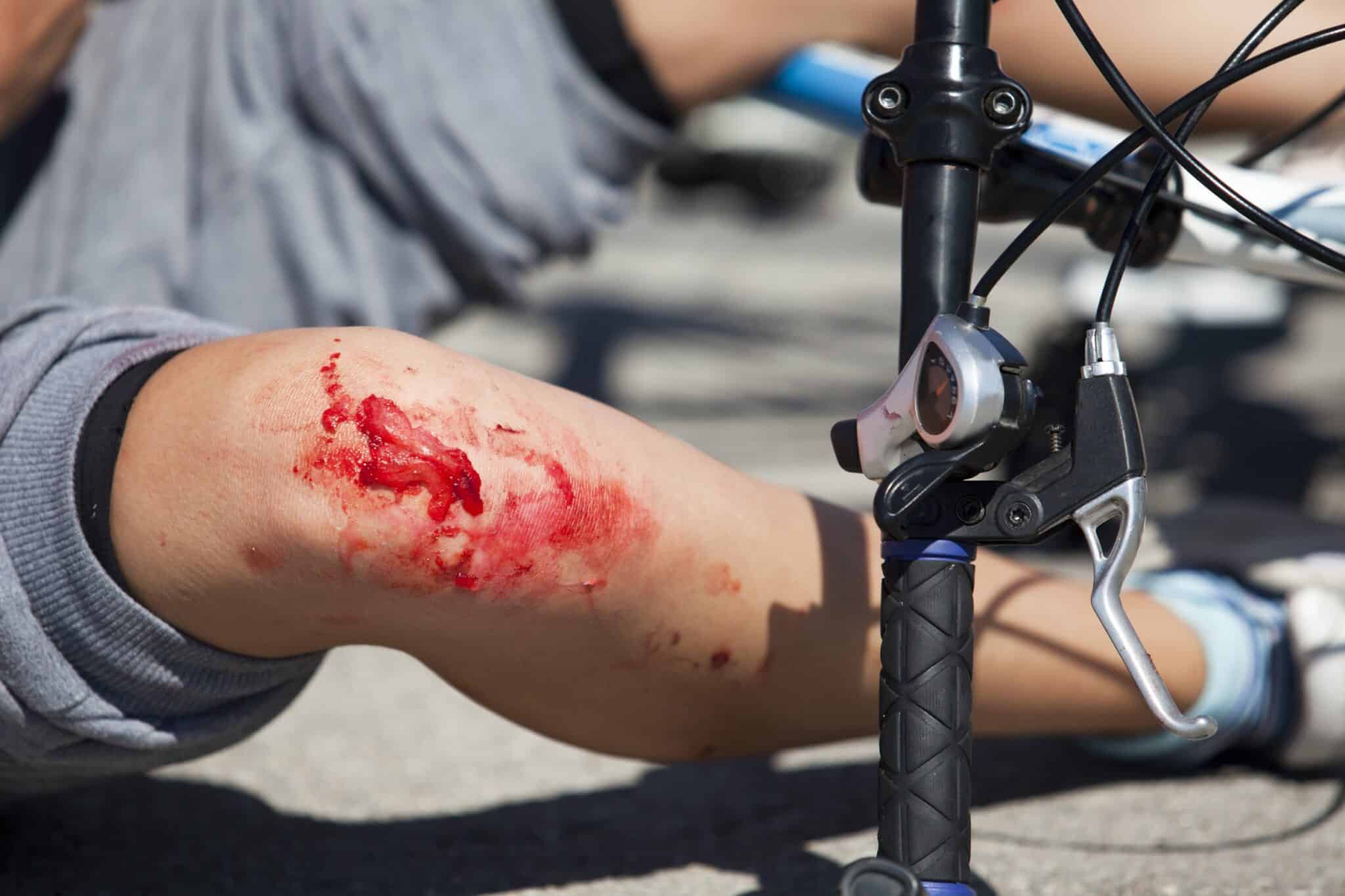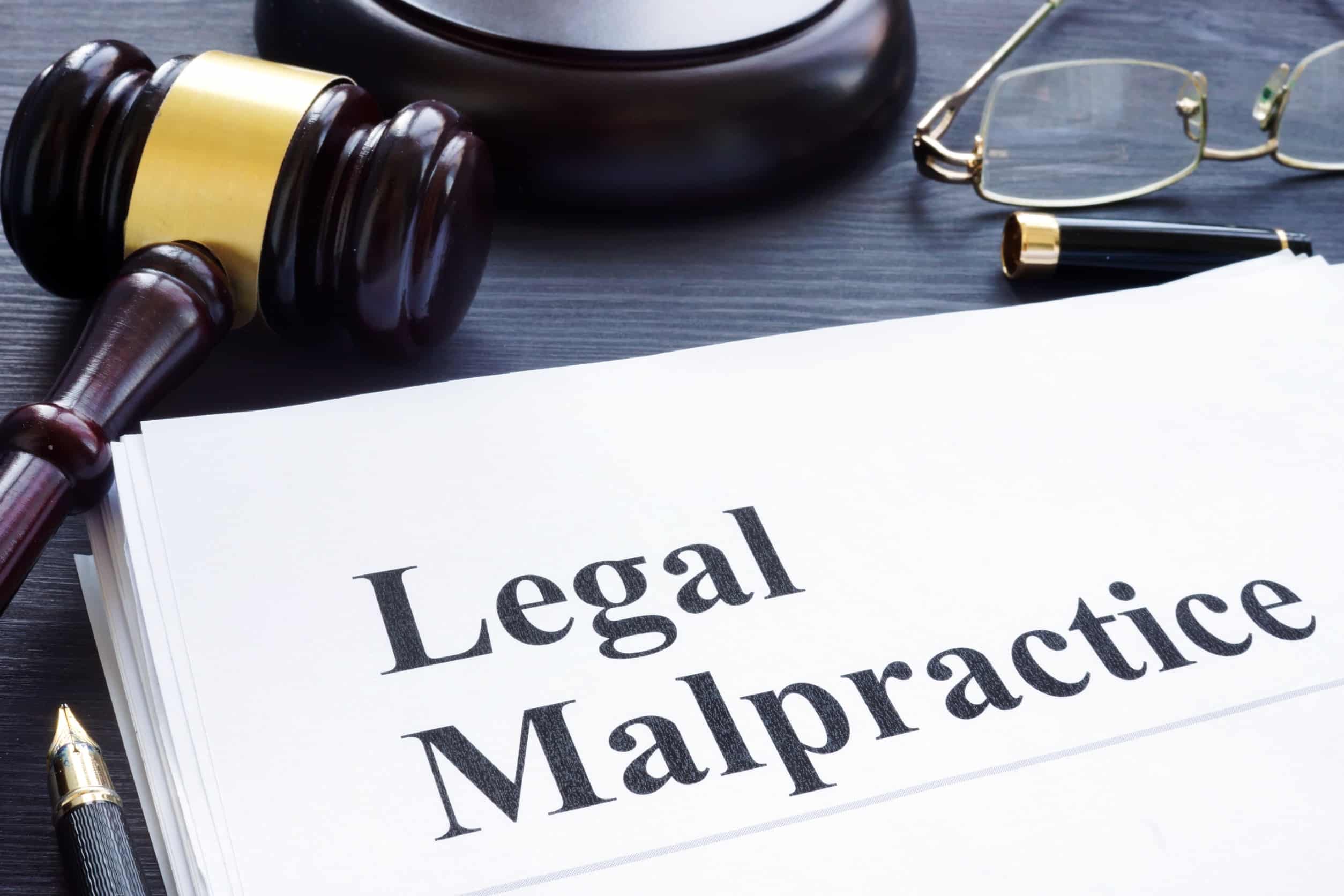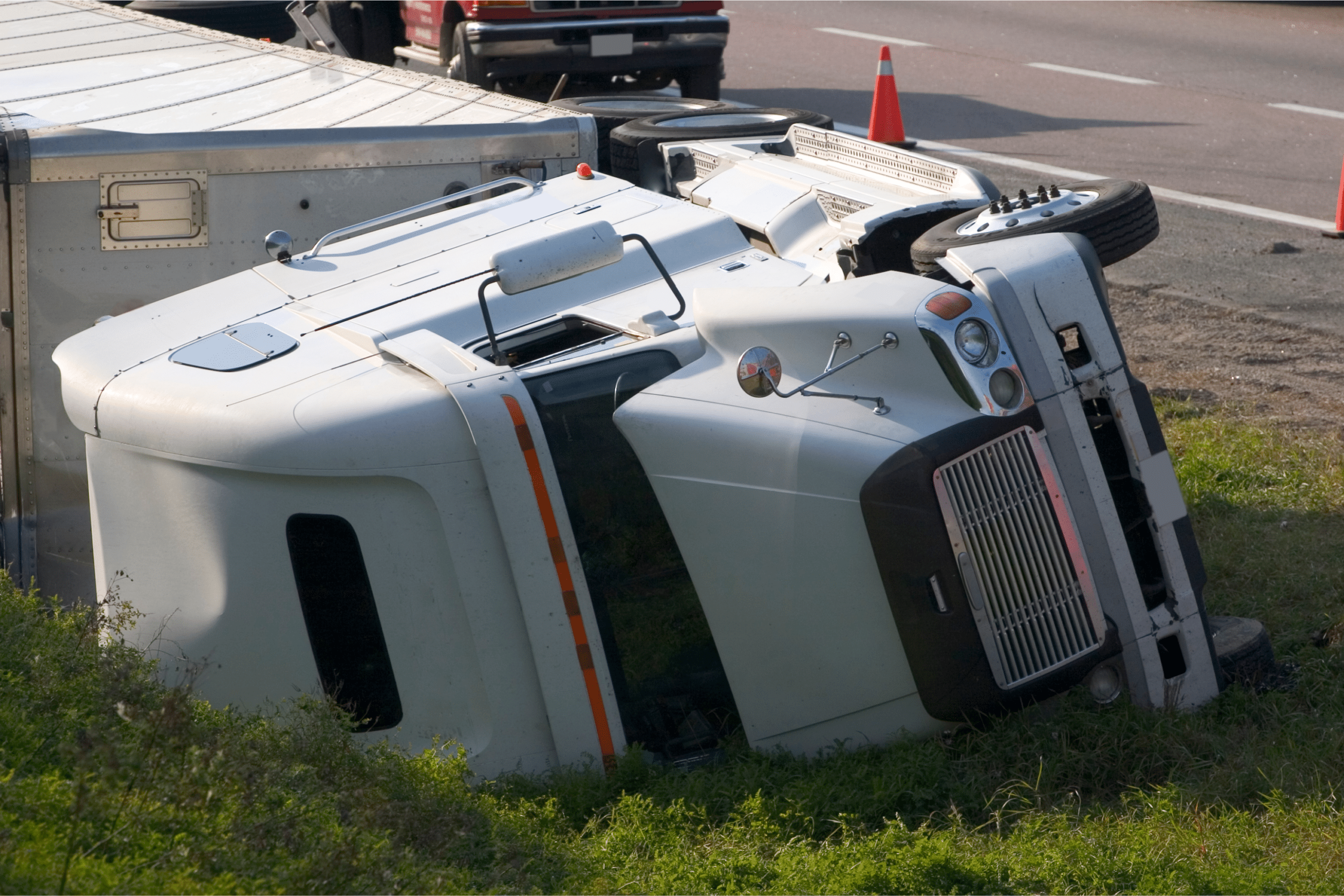Winning a Wrongful Death Claim in Florida
If your loved one died due to someone else’s negligence, you can file a claim for financial compensation in Florida.
What are wrongful death claims?
Florida law allows family members to file civil lawsuits against negligent parties in a loved one’s death. These claims are called torts and can be filed by close family members or heirs. You can seek damages for funeral expenses, lost income, pain and suffering of the decedent, and other expenses.
Simply filing a claim, though, does not guarantee that you will actually win it and receive the compensation that you need and deserve.
To win a Florida wrongful death case, four elements must be proven. A knowledgeable injury attorney can argue your case and give you the best chance at a receiving the outcome you want.
What are the four elements?
Duty
The defendant in your case must have owed your loved one a reasonable duty of care for a case to apply. Each case varies in detail as to what the duty might be, though there are certain types of accidents that are more likely to lead to wrongful death suits.
Here are several examples of duty to consider:
- A car manufacturer owes the duty of providing a reasonably safe vehicle.
- An employer owes a duty of providing a reasonably safe working environment.
- A fellow driver on the road owes the duty of operating their vehicle in a reasonably safe manner.
In wrongful death lawsuits, the judge decides whether or not the defendant owed your loved one a duty of care. Consult with a skilled Florida lawyer to understand how duty applies in your case.
Breach of Duty
Once duty of care has been established, the second element in a wrongful death case is a breach of this duty. In other words, the defendant must have done something or failed to do something that caused a breach. These examples show breaches of duty:
- A car manufacturer failed to perform adequate steering column inspections.
- An employer failed to erect secure scaffolding.
- A fellow driver ingested a controlled substance before driving.
In each of these scenarios, your attorney will need to produce evidence proving that the defendant breached their duty of care. An experienced attorney will know which evidence will best serve your case.
Causation
The next element that must be proven is that the breach of duty caused harm to the decedent. The harm must be directly related to conditions that led to the decedent’s death. Here are examples of causation:
- The steering column failed during operation, causing the decedent to lose control of the vehicle and crash into a tree.
- The scaffolding collapsed, which caused the decedent to fall and sustain internal injuries.
- The drunk driver crashed into your decedent while driving, causing fatal injuries.
Evidence is key in proving causation. If the decedent was injured before the incident occurred, the jury may not find the defendant liable. You need the help of a skilled lawyer to prove causation in a wrongful death claim.
Damages
Your attorney must be able to prove that the decedent suffered damages. This can be clear in cases where the decedent died immediately, but it may require a higher burden of proof in other cases.
For example, if the decedent fell from the collapsed scaffolding but did not die immediately, your attorney will need to prove that the injuries he sustained from the fall would not have happened otherwise and that they directly led to his death.
If you are able to prove these four elements, you will win your case and secure the compensation you need to get your life back on track.
About the Author:
Andrew Winston is a partner at the personal injury law firm of Winston Law. For over 20 years, he has successfully represented countless people in all kinds of personal injury cases, with a particular focus on child injury, legal malpractice, and premises liability. He has been recognized for excellence in the representation of injured clients by admission to the Million Dollar Advocates Forum, is AV Preeminent Rated by the Martindale-Hubbell Law Directory, enjoys a 10.0 rating by AVVO as a Top Personal Injury Attorney, has been selected as a Florida “SuperLawyer” from 2011-2017 – an honor reserved for the top 5% of lawyers in the state – and was voted to Florida Trend’s ”Legal Elite” and as one of the Top 100 Lawyers in Florida and one of the Top 100 Lawyers in the Miami area for 2015, 2016, and 2017.
 Beyond Razorblades: Why Halloween Is a Scary Holiday for Florida Kids
Beyond Razorblades: Why Halloween Is a Scary Holiday for Florida Kids 


















